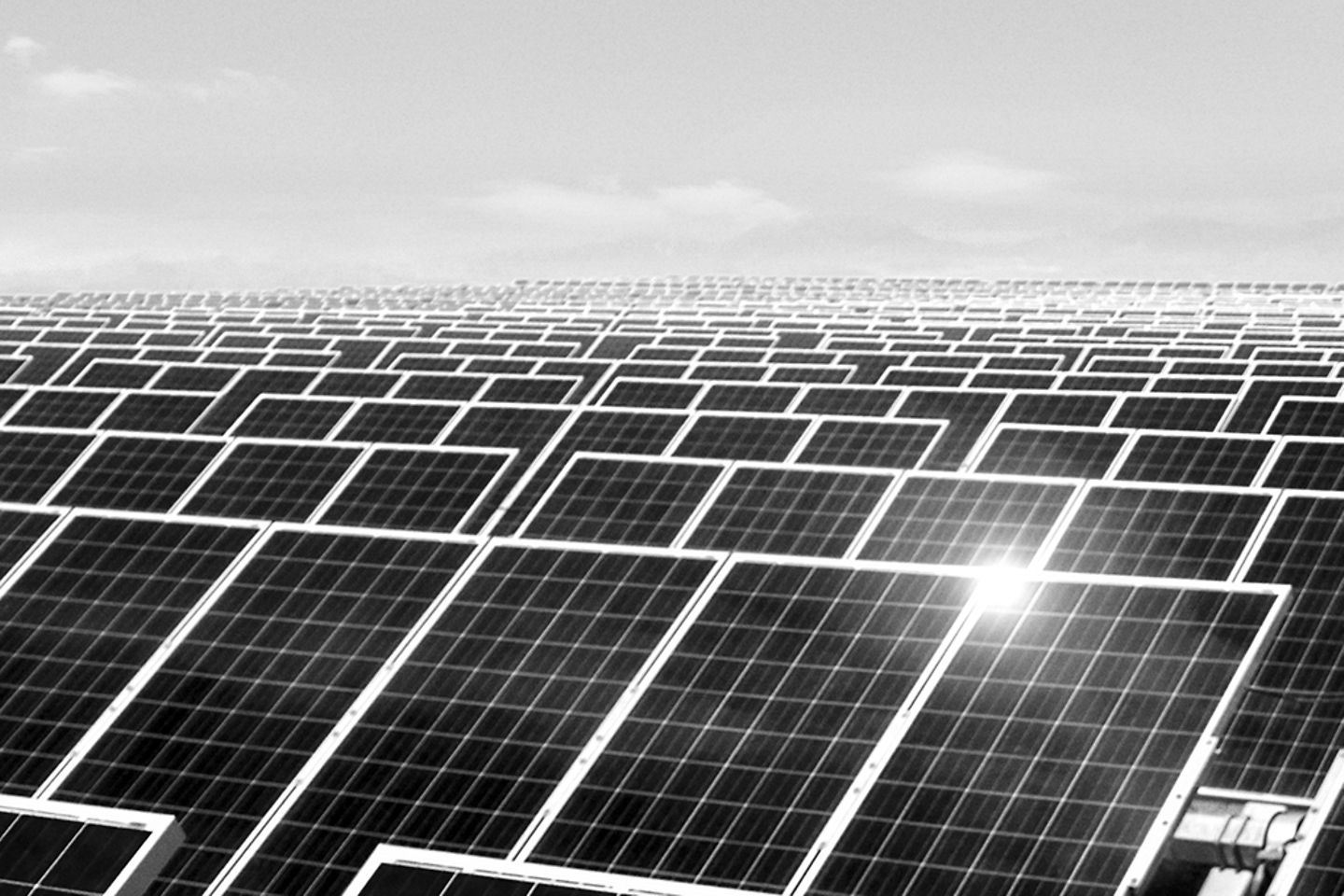
T-Systems accompanies its customers on their digital and sustainable development journey – with innovative technologies and unique sector-specific expertise. We contribute towards reducing CO2 emissions and taking the pressure off the environment together with our partners and customers. Our 360° approach and vendor independence allows business success and progress to be combined with sustainability – at each point of digitalization.
We work closely with partners to achieve the net-zero target faster. Together we identify digital, innovative and sustainable business models to reduce CO2 emissions and the consumption of resources. For example, we are promoting digital innovations with Shell to achieve important climate goals. T-Systems is installing more than 10,000 charging stations in Germany for a subsidiary of Shell that provides charging solutions for electric vehicles. This further expands the availability of e-mobility – and accelerates the transition to CO2 neutrality.
Beyond eMobility, we are working with more than a hundred partners in Catena-X to create a digital ecosystem that will ensure greater sustainability in the automotive industry. The focus is on standards for digital data exchange, for example, which enable manufacturers and suppliers to seamlessly track their value chain. Since all data and processes are transparent, from the supply of raw materials through development, production and sales to the use and recycling of the vehicle, its CO2 footprint can be fully mapped - and important adjustments can be made to achieve CO2 neutrality.
Whether it's about CO2 reduction, environmental protection, or the circular economy: We are working with the management consultants Detecon to implement digitalization projects to reinforce greater sustainability in companies. First of all, Detecon develops sustainability concepts and strategies in which digitalization plays a key role. T-Systems then puts end-to-end measures in place and analyzes the status quo to actively push ahead with changes in various sectors: automotive, logistics, industry, or public administration.